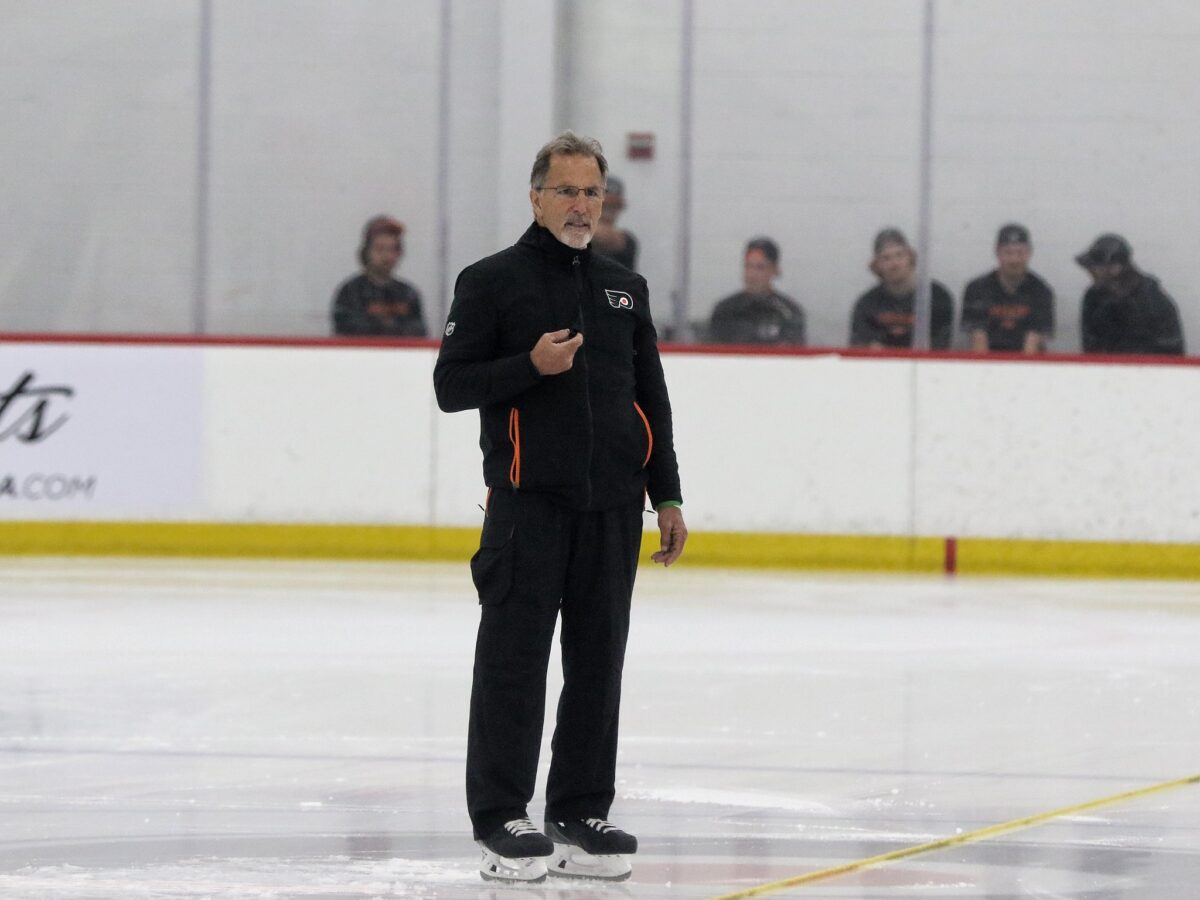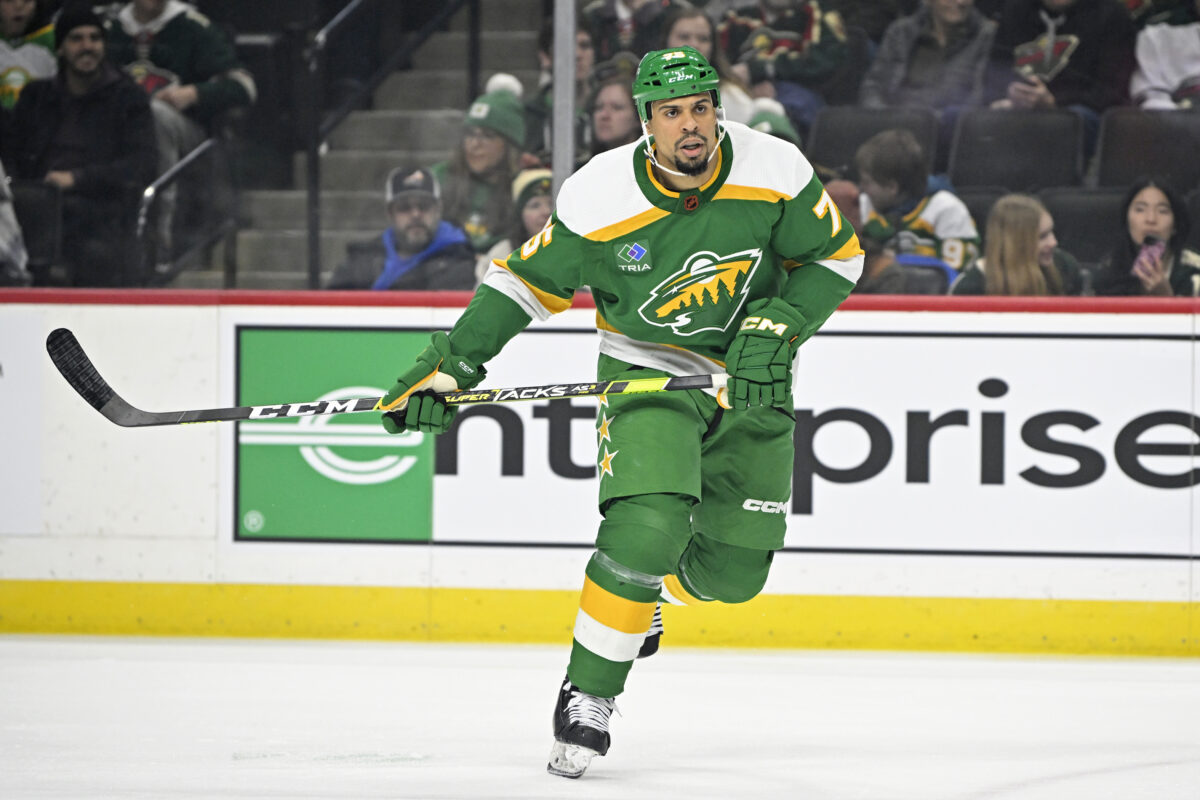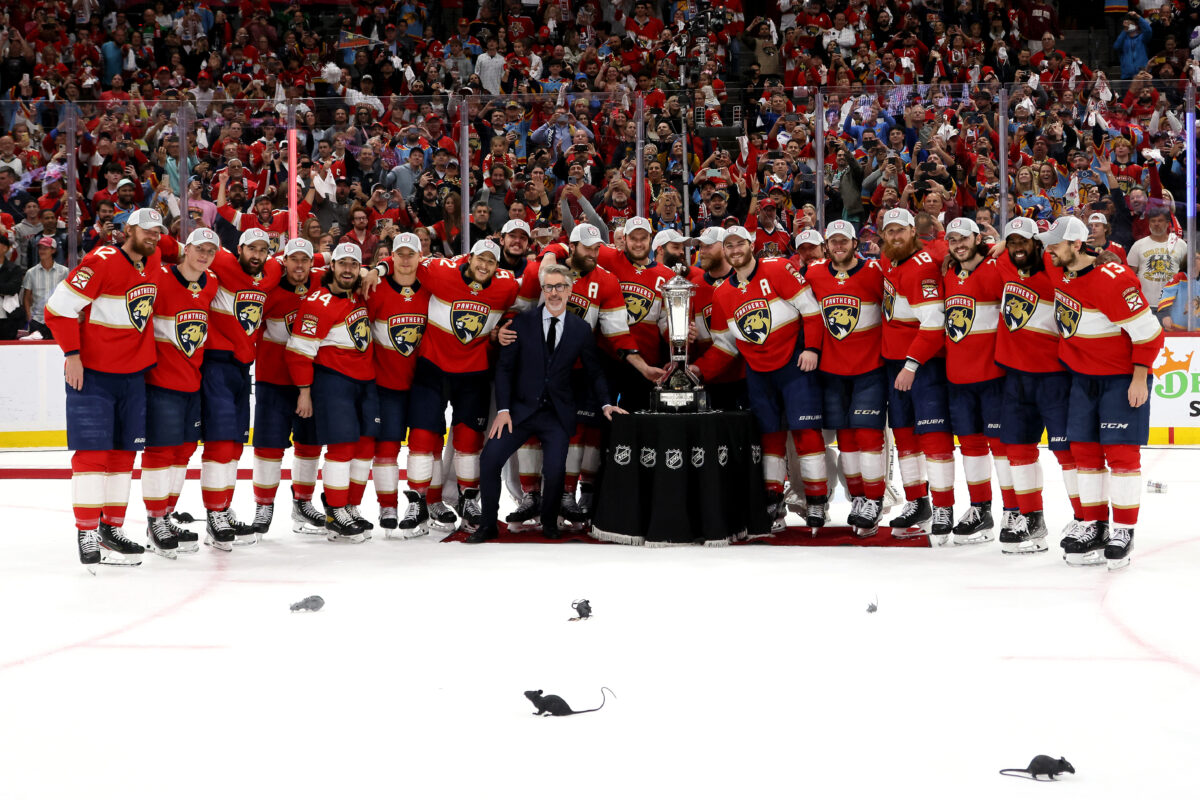The NHL has seen rapid expansion and changes over time, but especially in the last few years. In less than a few years’ time, the game has altered drastically. This will only continue to be the case, and it will be more and more important to have adaptability and flexibility in the current NHL.
Shift in Coaching Styles
Much of the tough-love coaching styles of the past are now fading. While this style still exists in the modern day, the coaches who are the most effective are the ones who have changed their ways in order to fit in with the modern league. John Tortorella of the Philadelphia Flyers is just one example.

Tortorella is often grouped with more modern, hard-nosed coaches such as Darryl Sutter or Mike Babcock. The difference for him is that he still has a job coaching and that he is poised to keep it for quite some time.
Related: Flyers’ John Tortorella Holds Unique Position of Power
He is not the same coach as he was when he won the Stanley Cup with the Tampa Bay Lightning in 2004. Tortorella has altered his style to fit with the modern game. He might still be sarcastic with the media and perhaps overly critical of his players, but he has made slight tweaks to what he does in recent years. Still, routinely benching or scratching players that he feels are not on their game is not something that he has shied away from, holding the same core identity that made himself known. He preaches accountability and responsibility, and that has not changed. Adapting is incredibly tough, but he has done so exceptionally.
Even if a coach like Mike Keenan has won a Stanley Cup in the past with his relentless style, he would almost definitely have to adjust to the game of today. Players, philosophies, and society as a whole have changed significantly in the past few decades. Hockey is evolving, so the coaches will have to as well.
Changing Role of the Enforcer
Enforcers in the NHL have probably had it the worst out of anyone. Risking getting sent down to the American Hockey League (AHL) on essentially a nightly basis, they had to prove their worth by putting their body on the line in the past. Now that fights are at an all-time low, this is no longer a reality for many players. Fights are occurring at nearly a third of the rate as they were just a decade ago. The rapid decline in the more physical side of the game has put some out of jobs, but others have taken advantage of it.
Ryan Reaves of the Toronto Maple Leafs is more than just a fighter. He might not be the best fourth-line choice to play shutdown defense, but he is still very valuable as a leader. One of the reasons why his team has been unable to make any deep runs in the playoffs might have to do with the culture there and not having enough true leaders in the room. He helps change that and has vowed to do so if it is necessary.

Having good glue guys is still important in the NHL. Though it is less prioritized, it does not mean that players like Reaves have faded entirely. There is a decent chance that the enforcer will never fade from the game of hockey but simply be altered as time passes. More skill in someone like Tom Wilson has allowed the role to not fade into obscurity but rather be reshaped.
NHL’s Focus on Skill
Hockey has always been a skill-driven sport, but the necessity of it has increased hastily. Not everyone can have the elite speed and hands of Connor McDavid or the creativity of Cale Makar and Trevor Zegras, but that has almost become the norm for star players. The aging process will take some of their speed and effectiveness away, making it that much more difficult to succeed in the NHL. Adaptability is key for players who are in this boat.

Skill is not necessarily something that can be learned over the course of an offseason. Typically, it is a core identity that is known well before a player enters the league. Modern players have added skillful aspects to their games as time has gone on. Dekes, passes, and shot fakes that might have worked at the turn of the century might not work today. With players still in the league from around that time, they have learned to evolve their game from what it was many years ago.
Sidney Crosby entered the league as one of the most skilled players to ever play the game. He was not relied upon defensively, but he’s recently emerged as a more responsible player at both ends of the ice while still being a prolific offensive weapon. Realistically, the Pittsburgh Penguins’ superstar could play in the NHL for as long as he wants. He may no longer be scoring 120 points in a season, but he is still finding ways to contribute.
One of the major focuses of an offseason for veteran players is not just about staying in shape, but it is also about getting better. The best players in the world are always improving, which is why players like Crosby continue to dominate.
Schematic Change in Playoff Hockey
The regular season in the NHL is a very different animal from the playoffs. On top of being extremely competitive in a grueling four-round tournament to determine the winner, schemes from the regular season to the postseason alter greatly. Schematically, many teams change in order to win the Stanley Cup. A team’s strength from October until the start of the playoffs could be a weakness once they begin, and vice versa.

Last season, the Florida Panthers went from a stellar offensive team and a rather poor defensive one to a club that played in several low-event games but won them almost always once the playoffs came around. Stylistically, Florida changed parts of their identity in order to win in the playoffs. This is something that did not happen in 2021-22, which led to them getting swept in the second round despite winning the Presidents’ Trophy.
Almost every team changes the way they play from the regular season to the playoffs. It’s hard for players to adjust to in such a short period of time, but they rise to the occasion frequently. Stanley Cup championships are won through adapting at every turn.
Now more than ever, being able to adapt is key to being successful in the NHL. In hockey, change is an ongoing process that occurs constantly. The most consistently great players and coaches find ways to adjust, making it one of the more overlooked yet vital skills in the sport.